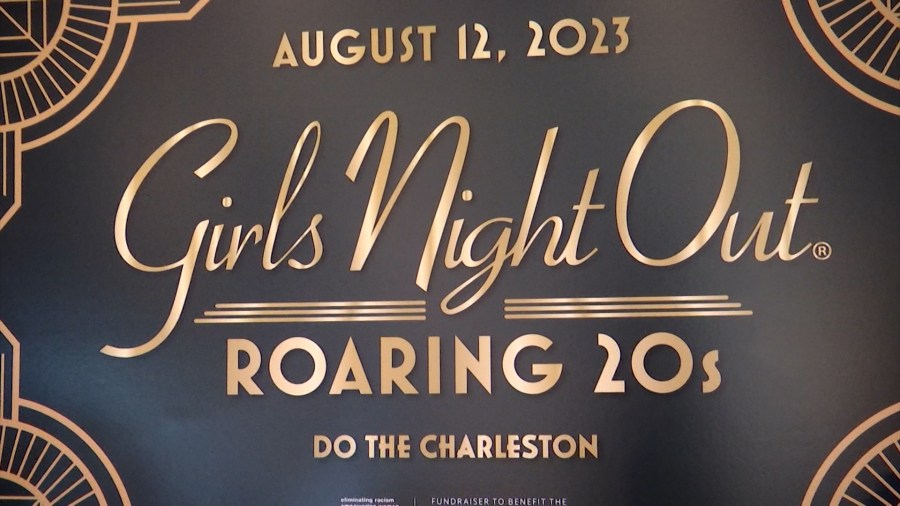New Leadership Shifts Focus from Traditional Fundraising Events
Charleston, West Virginia – A long-standing tradition in the community is undergoing a significant transformation. The Charleston YWCA, an organization known for its commitment to empowering women and girls, has decided to discontinue its popular summer event, Girls Night Out, as it was once known. This change marks a shift in how the organization will engage with the community and raise funds.
Support kami, ada hadiah spesial untuk anda.
Klik di sini: https://indonesiacrowd.com/support-bonus/
Girls Night Out, which had been a staple for nearly 30 years, was one of the most anticipated events in the area. It brought together residents for a night of celebration, support, and fundraising. However, under the leadership of the new CEO, Sonya Hairston, the YWCA is reevaluating its approach to community engagement and financial sustainability.
Hairston emphasized that the decision to move away from the traditional format of Girls Night Out is part of a broader strategy to reconnect with the core mission of the organization. “We’re returning to our roots,” she said. “The small parties where we can tell our story and you get to meet all the vast programs that we do, not just one program, but we do so many. And so, you’ll get to hear about all the different programs.”
This new initiative, called “Returning to Our Roots,” encourages individuals, families, and community leaders to host monthly house parties in various locations, such as living rooms, backyards, coffee shops, restaurants, outdoors, or workspaces. These gatherings will take place on the first Friday of every month, providing a more intimate and personal way for the community to connect with the YWCA’s mission.
Support us — there's a special gift for you.
Click here: https://indonesiacrowd.com/support-bonus/
Each host will receive a toolkit containing survivor stories, mission videos, conversation guides, and fundraising materials. This allows hosts to tailor their events based on their preferences, whether they choose to have ticket sales, donations, or a combination of both.
Despite the positive intentions behind the new initiative, there are concerns among some members of the community. Sandy Call, the former chair of Girls Night Out, expressed her disappointment with the sudden change. She felt blindsided by the decision and believes the organization is not moving forward effectively. “It’s just kind of hard to wrap your head around going from something so glorious and magnificent for Charleston and the surrounding area to just going back in time,” Call said.
For 20 years, Call volunteered for the event and is aware of many other volunteers who feel similarly. She mentioned that the change has left many feeling heartbroken, especially those who wanted to contribute in meaningful ways. “I’m just heartbroken for the folks that volunteer that want to be a part of it and the ticket buyers. They wanted to give back in some way, in some fashion,” she added.
Hairston explained that the new approach is designed to be flexible and adaptable. “Sometimes, it’ll be ticket sales, sometimes it’ll be a donation. So, it’s up to the actual hostess whether they just want to bring friends together and write a check or whether they want to have an event where they sell tickets,” she said. This flexibility allows for a variety of participation methods, ensuring that the YWCA can continue to serve the community effectively.
The Returning to Our Roots initiative is also bringing back some of the original fundraising strategies used by the YWCA in the past. By focusing on personal connections and storytelling, the organization hopes to foster a deeper sense of community involvement and support.
As the Charleston YWCA moves forward with this new direction, the community remains divided. While some see the potential for a more authentic and impactful engagement model, others mourn the loss of a cherished event. The challenge ahead will be to balance innovation with tradition, ensuring that the YWCA continues to fulfill its mission while adapting to the evolving needs of the community.







